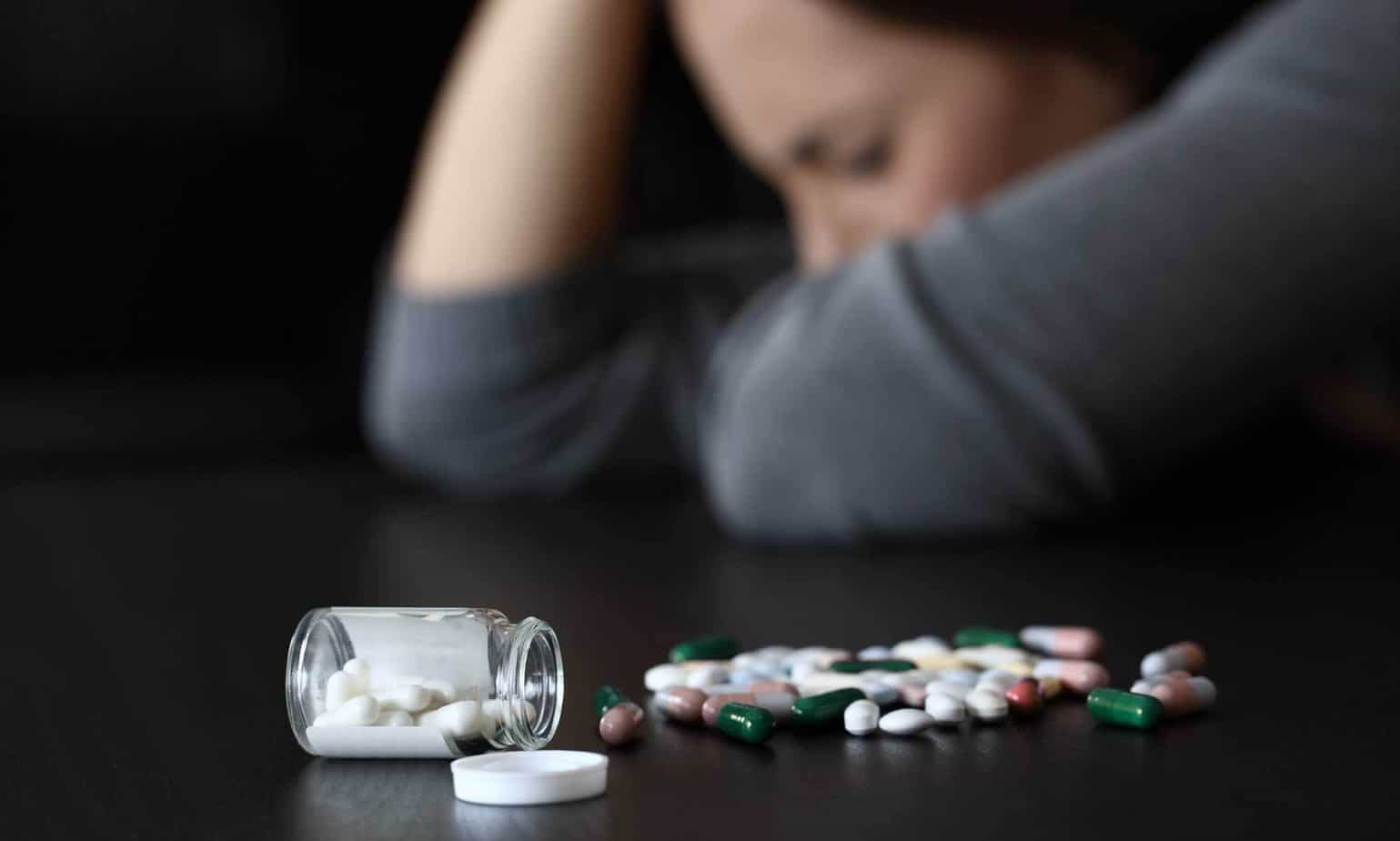After witnessing or experiencing a traumatic event, an individual may develop an intense psychological response, and with it, carry the immense guilt of surviving. Survivor’s guilt is a term used to describe a symptom of PTSD that occurs when someone fixates on their perceived responsibility during a tragedy such as a terrorist attack, school shooting, or natural disaster. The survivor fixates on their escape, regretful that they were able to make it out alive while others did not. Understanding that this shame is a symptom of a larger problem is a vital part of the healing journey after the traumatic experience.
What Is Survivor’s Guilt?
First coined in the 1960s as survivor’s syndrome, survivor’s guilt was initially founded based on the behaviors of those who escaped the Auschwitz concentration camp; these survivors of the Holocaust experienced anxiety and depression, social withdrawal, sleep disturbances, and intense guilt over their survival. Following World War II, prominent historical events of mass death have been studied by traumatologists to better treat this condition.
In 1994, under the publication of fourth edition of The Diagnostic and Statistical Manual of Mental Disorders, survivor’s syndrome was changed to a symptom of Post-Traumatic Stress Disorder (PTSD), as opposed to a separate disorder. PTSD is a clinically-diagnosed anxiety disorder that develops after a traumatic event, which can trigger flashbacks, emotional dysregulation, and painful physical symptoms as well.
While there are no direct criteria to diagnose survivor’s guilt, an important aspect is personal responsibility. The survivor becomes consumed by their “role,” focusing on what they did “wrong” during the catastrophic event, and experiences negative thought patterns.
Someone with survivor’s guilt may fixate on their actions during the event, blaming themselves for not doing enough to save others; they will struggle to let go of the fact that they cannot change what happened. By constantly reliving the event again and again in their head, the survivor will only continue to fixate on the loss of others. By trying to find fault in their own actions, the survivor is holding themselves back from healing, which begins with acknowledging that they cannot be held responsible for a tragedy they did not cause.
What Are the Characteristics of Survivor’s Guilt?
During a traumatic experience, the brain is sometimes unable to process the event due to its intensity. The high levels of stress overwhelm the brain, and the hippocampus, which is responsible for chronicling memories, has difficulty differentiating if the event is in the past or the present. Flashbacks can develop when the brain struggles to store the memory in its proper place. As time goes on, this processing issue can trigger mental and emotional issues as well as psychosomatic symptoms, which are physical ailments associated with increased stress and internal conflict.
Some characteristics of survivor’s guilt are:
- Headaches
- Excessive sweating
- Dizziness or breathlessness
- Increased heart rate
- Flashbacks
- Nausea or stomachaches
- Frequent nightmares
- Apathy
- Irritability and anger
- Insomnia or altered sleep
- Depression
- Anxiety
- Fatigue
How Do I Heal from Survivor’s Guilt?
While some things do get better with time, there are still practical efforts someone can make to recover from survivor’s guilt. Many different feelings will come up after a traumatic event, so finding the right strategies to face these troubling thoughts is essential. Here are some tips to consider while thinking about your mental health:
Reach out to your support network. Having a safe person to share your feelings with and any troubling thoughts can boost your mood. Putting your feelings into words helps you grapple with the emotions, gives others insight into how they can best support you, and allows you space to process the trauma.
Seek counseling. Psychotherapy, such as cognitive behavioral therapy (CBT) and Eye Movement Desensitization and Processing (EMDR), is recommended for patients with PTSD. If you do not already attend therapy, professional guidance from a therapist that specializes in PTSD and trauma would be beneficial. They can help you address underlying issues, share useful coping skills, and give insight into these guilty feelings.
Rewrite negative self-talk. Part of feeling like you didn’t deserve to survive stems from feeling poorly about yourself. Replace doubts that you have about your value with positive affirmations. Build up your confidence by saying phrases of self-love: I am important. I am loved. I am here for a reason.
Live for today. Learn to appreciate life again by engaging in the world around you in new and exciting ways. Sign up for classes that keep you motivated, whether they place you at a pottery wheel or in a kickboxing studio. Find value in the little moments of happiness that come about each day and consider keeping a gratitude journal to write down what makes you thankful to be alive.
Survivor’s guilt keeps people guessing if they are worthy of their healing, their choices, and their life. Traumatic memories are painfully overwhelming, sometimes even anguishing. A memory that plays on loop like a hamster scampering around a wheel won’t get tired on its own. It takes preservation, professional guidance, and loving support to heal from PTSD.
If you or a loved one is struggling with addiction, Mountainside can help.
Click here or call (888) 833-4676 to speak with one of our addiction treatment experts.

 By
By 







